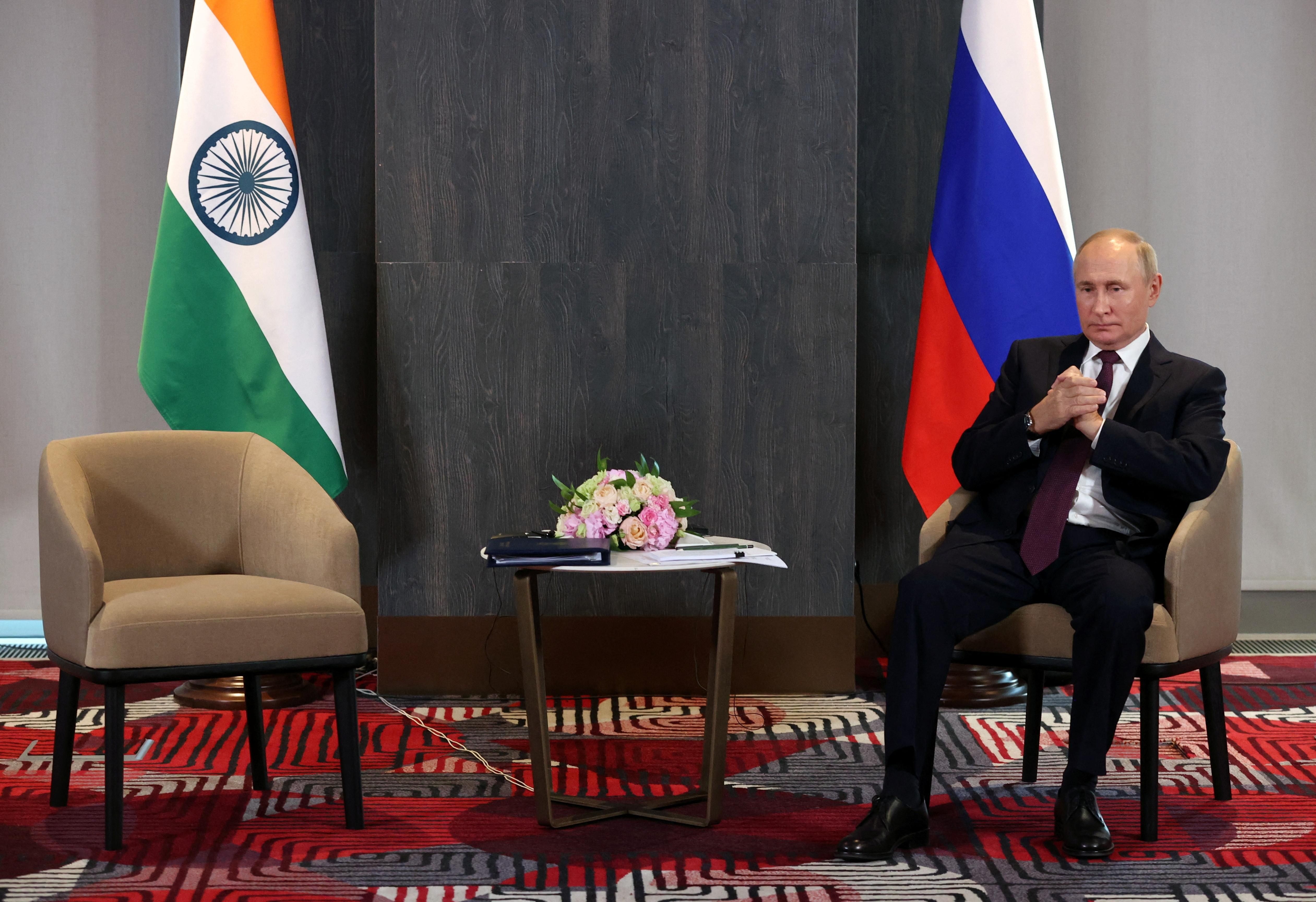Hard Numbers: Moscow’s plea for help, deadly West Bank clashes, US Congress’ choo-choo choice, those hit hardest by US murder surge, US same-sex marriage bill
500: Is a friend in need a friend indeed? The Kremlin, increasingly isolated by Western sanctions, has sent India a list of 500 items that Russia needs in order to keep manufacturing planes, trains, and automobiles. No answer yet from Delhi, which has tried to walk a fine line since Russia invaded Ukraine: hewing to its traditional non-aligned policy, but without angering the US, a key ally in India’s burgeoning rivalry with China.
5: Israeli forces killed at least five Palestinians in separate clashes in the occupied West Bank on Tuesday. Violence between Israeli soldiers and Palestinian protesters and militants has increased in recent months, and things could get dicier still: Newly reelected PM Bibi Netanyahu has named the far right’s Itamar Ben-Gvir as minister of national security, a portfolio covering the West Bank and Israeli policing.
765,000: In a rare show of bipartisanship, the US Congress will move to impose a compromise agreement in an ongoing labor dispute between rail companies and rail worker unions. President Joe Biden, who requested the intervention, says as many as 765,000 jobs could evaporate if the workers go ahead with a December strike. The dispute has put his Democrats in a tough spot: They are generally pro-union, but they can’t have a rail strike ruining Christmas on their watch.
80: It ain’t the 1990s, not by a long shot, but homicides in the US have jumped up since the pandemic. And those bearing the brunt of it, a new Washington Post study shows, are Black communities, which account for more than 80% of murder victims in America’s largest cities.
61: With 61 votes in favor and 36 against, the US Senate passed a bill that enshrines the right to same-sex marriage in federal law. It does not require states to issue marriage licenses to same-sex couples but repeals the 1996 Defense of Marriage Act, which allowed states not to recognize same-sex marriages performed in other states.